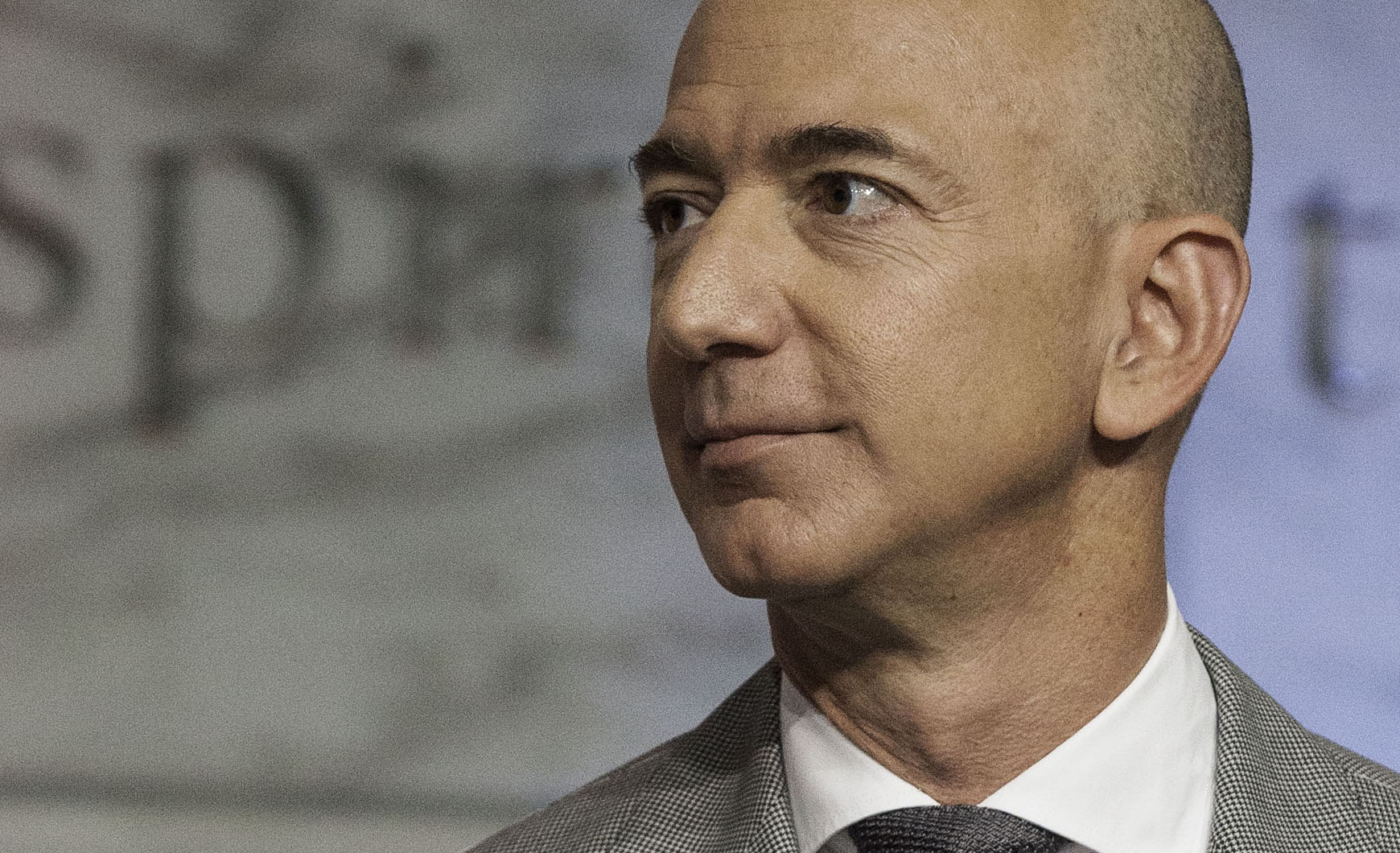In 1994, a 30-year-old Jeff Bezos was already the youngest senior vice president at a major New York hedge fund. He’d been married for a year, he had a nice apartment on the Upper West Side and he couldn’t shake a number that he’d come across in his research. Web usage, he had learned, was growing by 2,300 percent per year.
He had what would become a historic idea: an Internet bookstore, with millions of titles—the kind of thing that couldn’t happen in a brick-and-mortar shop. As Bezos recalled it on stage at this year’s Summit conference in Los Angeles, he told his boss about it; the supervisor said that it was indeed a nice idea, but probably better suited for someone who didn’t already have a good job. He’d better take a couple days to think about it. So he did.
“Those decisions, they’re not major business decisions—they are, ‘what does your heart say?’” Bezos recalled, sitting on stage with his brother, Mark. “The best way to think about it was to project myself forward to age 80. When I’m 80 years old, I want to have minimized the number of regrets that I have.” Hence the question he posed to himself: 50 years in the future, what would I regret?
“You murder somebody, you regret that,” Bezos said with a laugh. “But our biggest regrets are acts of omission, paths not taken. They haunt us. You wonder what would have happened: ‘I loved that person and never told them and then they married somebody else.’” Things immediately became obvious: at 80, Bezos knew he’d never regret trying this thing he was so excited about—even if it failed. But he also knew he’d be haunted by it if he didn’t try.
There was a “one hundred percent chance of regret if I didn’t try, and basically a zero percent chance if I tried and failed,” the world’s richest man said. “I think that’s a useful measure for making important life decisions.”
The way the Amazon founder thought through this judgement call feeds into one of neuroscience’s key insights about how we make decisions. According to the work of University of Southern California neuroscientist Antonio Damasio, the way we make decisions is both emotional and imaginative: when we contemplate possible future scenarios, our bodies react accordingly, whether it’s with the bubbling of anxiety or a flush of excitement. Or, as Bezos describes it, the presence or absence of regret. Your brain asks a question, and your body helps you feel your way to the answer—if not to becoming the world’s wealthiest person, then certainly to making more informed decisions.


